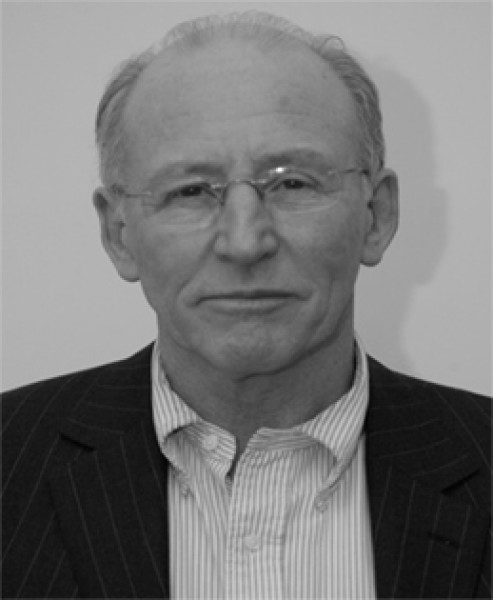Tony Ling left the British Army in February 1992 after a distinguished military career. He served mostly in the developing world, as an Infantry, Staff and Special Forces Officer, including the Special Air Service (SAS), where he commanded at every level.
Among his many assignments were several working with foreign armies in training and advisory roles. In 1980 he was made Member of the British Empire (MBE) for work in Zimbabwe, where he helped set up a large British military team to facilitate the integration of the three disparate factions that had fought a bitter civil war for sixteen years. In 1988, Tony Ling was raised to Officer of the British Empire (OBE) for operational command elsewhere. He has twice been Mentioned-in-Dispatches. Ling was also Director of training and organisation in Brunei’s Ministry of Defence and a staff officer in the Military Assistance Office of the British Ministry of Defence with special responsibly for sub-Sahara Africa.
His last job in the British Army, as a Brigadier (one-star general), was to lead a team in Namibia to help the newly elected South West African Peoples’ Organisation (SWAPO) government with their reconciliation, integration and training programme. He was raised to Commander of the British Empire (CBE) as a result of his role in this operation.
In 1992, Tony Ling joined British Petroleum (now BP) where he became security manager responsible for all operations in Colombia. His subsequent BP service included providing security advice for South and South East Asia, the Former Soviet Union, Eastern Europe and the Middle and Near East.
After leaving BP in 2001, Tony Ling worked as an independent security and human rights consultant in the extraction industry in the Far East, Former Soviet Union and Africa; clients included Rio Tinto, PNG LNG (Exxon), BP, BTC and SMI (Xstrata) and several smaller companies.
Over the years Ling has developed and implemented holistic concepts of security ‘outside the wire’ where security meets corporate social responsibility; his aim is to build collective security for the benefit of all stakeholders by engaging a wide range of involved individuals and groups, including local communities, intergovernmental and international governmental organisations and responsible non-governmental organizations (NGOs), host governments and their security agencies as well as interested foreign governments. He was involved in the initial discussions that resulted in the US and UK Governments, NGOs and companies in the extractive industry producing the Voluntary Principles on Security and Human Rights (VPs). He is a leading expert in their practical use as the ‘rules-of-engagement’. Tony Ling has lectured and taught extensively on VP based security as well as implementing them in operations and projects. He has been involved on the ground in several Human Rights Impact Assessments using the UN’s ‘Guiding Principles on Business and Human Rights’ and other international agreements such as the Equator Principles as framework. Ling was the author of ‘Fire Arms and the Use of Force’, a guide to the safe and legal use of weapons by contractors and national forces guarding facilities in high-risk countries. In July 2011 he was called to give oral evidence to the House of Commons Energy and Climate Change Committee.
Tony Ling is particularly specialist in pipeline security. From 2003 to 2005 he was senior security adviser for the Azerbaijan, Georgia and Turkey pipelines projects and for operational planning. This included the South Caucasus Pipeline (SCP) and Baku Tbilisi Ceyhan (BTC) pipeline; previously he led on the security of the early oil pipelines. He has advised ExxonMobil on the security of their PNG pipeline project, BP on the Vietnam gas pipelines and he had overall responsible for BP Colombia pipeline security. He also carried out the original recognisance for the Trans-Sinai pipeline corridor. He was a member of the team that produced the first Oil and Gas Producers (OGP) guide ‘Pipe Line Security’.
In 2006 Ling lead a US government funded mission to Iraq to advise the emerging Iraq authorities on energy infrastructure security; this primarily dealt with oil and gas pipelines and associated facilities. He drafted BP’s corporate project security procedures ‘Major Projects Common Process (MPCP) and authored the key security chapter in Global Law and Business’s 2009 handbook ‘Trans-Boundary Pipeline Development and Risks’.
Tony Ling is Chairman of LPD Group. He is a member of The Travellers Club, The Special Forces Club and is a Fellow of the Royal Geographical Society.








